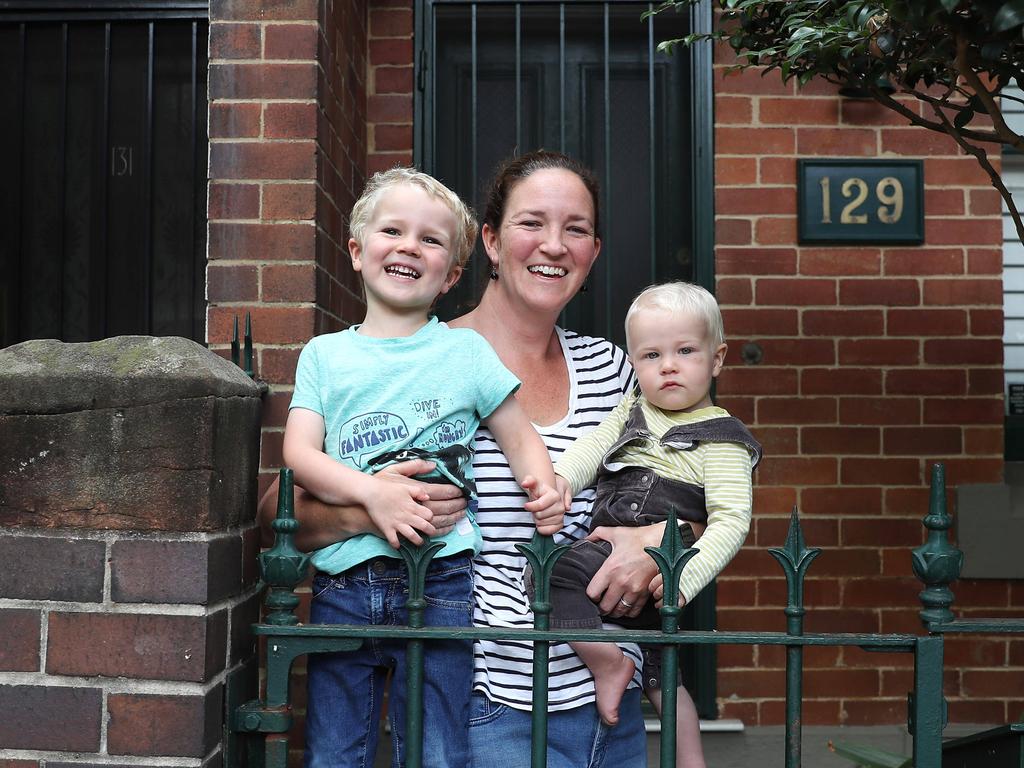
But some fascinating differences are emerging between our two main markets, Melbourne and Sydney.
Sydney cottages, particularly those near the city have jumped about $300,000 in price. A $1.2m dwelling as risen to $1.5m. Demand for apartments has also jumped although prices are still below 2016 levels.
The Sydney trend has been basically duplicated in Melbourne but with less panic among the buyers. Melbourne apartments also did not fall as far as Sydney in the slump.
But strip away those basic trends and you find stark differences. In both cities financiers no longer have an appetite to fund large developments but, in Sydney, Harry Triguboff’s Meriton dominates the market. And because his balance sheet is strong, he can get finance. Sydney can therefore still build towers.
Frustrated by the Sydney approval process Triguboff is now building a serviced apparent tower in Melbourne. Once the current crop of Melbourne apartment towers is completed, Meriton’s development may be the only Melbourne CBD apartment tower being built, although a multitude of smaller developments are under way around the city.
In contrast, in Sydney the state government, councils and assorted approval bodies are determined to restrict the supply and so boost prices. The Sydney approval process is an unpredictable nightmare and the government, councils and related bodies add about $250,000 to the cost of an apartment.
But there are clear approval rules in Melbourne and the process is predictable. One city restricts supply and other encourages it so over time the price difference will increase, although, not surprisingly, Melbourne’s growth and population is now increasing at a much faster rate than Sydney.
But Victoria has emerged as the first Australian state government to actively seek to increase the supply of houses for ownership as it moves to switch the balance of power from landlords to tenants. On the surface the Victorian government is helping tenants, but it will force investors out if the housing investor game and lift longer term rents. The new Victoria legislation comes into operation next July and has a vast variety of tenant “protections”.
One stipulates that a tenant must owe at least 14 days rent before a landlord can give the tenant a notice to vacate. But the eviction date must be not less than 14 days after the notice is given. If the tenant pays the unpaid rent before the termination date then the notice has no effect. And this process can take place four times during a year.
Accordingly, on four occasions your tenant can virtually get 28 days credit to pay the rent. And with agent delays in sending out notices, that can explode into 36 or 42 days.
Remember that it is not until the tenant has not paid on time (as defined) on four occasions that the owner can step in and enforce eviction. That means up to one third of the rental income in any one year that can be disrupted.
If the owner has large debt commitments including negative gearing, this means that back-up income is required, because there is no reliability in the tenant income. Bank rules on loan payments do not have the same generous provisions. Tenants that can prove reliability will be able to gain much lower rents. During 2021 renters will be upset when they find the legislation has lifted the market rents for unreliable tenants.
Another scary Victorian provision for people highly borrowed in investment properties is the classification a cooling appliance breakdown as belonging to the “urgent repair” category. That means that at midnight the tenant can order an electrician to come and the owner must pay the emergency charges. While there is a cap, it’s clearly a dangerous situation for investors seeking a return.
And it comes when during 2019 banks switched many residential property investors from interest-only loans to repayments of interest and principal. That will gather pace in 2020, so the Victorian legislation could not have come at a worse time for cash flow-pressed investors.
This legislation’s potential impact is not widely appreciated, and tenants are demanding, via the media, even more blows to investors. I know a number of highly leveraged residential property investors who plan to take advantage of the high Melbourne dwelling prices in the New Year and sell their investment properties.







Australia will take into 2020 incredible built up home buying pressure which set to be boosted by the Reserve Bank’s plan to further reduce already low interest rates.